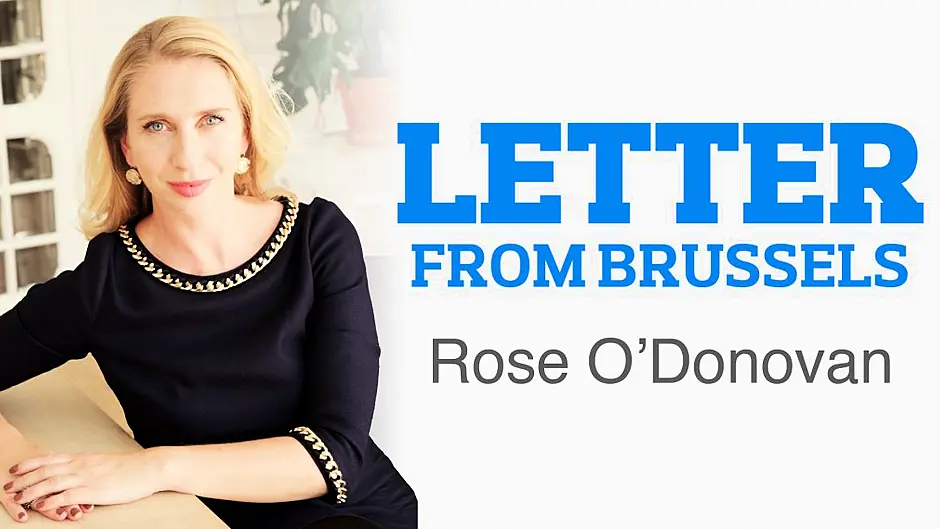UK Prime Minister Theresa May is clinging to power, following the resignation of Boris Johnson and David Davis, the two most high-profile Brexiteers in her Cabinet.
UK Prime Minister Theresa May is clinging to power, following the resignation of Boris Johnson and David Davis, the two most high-profile Brexiteers in her Cabinet.
The shock resignations of the Foreign Secretary and Brexit Secretary came just three days after a key meeting at the Prime Minister’s country retreat at Chequers, where May brokered a ‘collective’ compromise for the future relationship between the EU and UK. The new approach seeks to create a free trade area for industrial and agricultural goods with the bloc, based on a ‘common rule book.’
Cabinet also supported the phasing in of a new customs arrangement with the goal of a ‘combined customs territory,’ while London would be able to control its own tariffs and develop an independent trade policy. Downing Street said the plans marked a ‘substantial evolution’ in the UK’s position and would resolve concerns about the future of the border between Northern Ireland the Republic.
The former Foreign Secretary Johnson said he was stepping down as the proposed plan would leave the UK ‘with the status of a colony’ of the EU, as it would have to follow Community regulations it had no role in shaping.
‘Brexit should be about opportunity and hope. It should be a chance to do things differently, to be more nimble and dynamic, and to maximise the particular advantages of the UK as an open, outward-looking global economy. That dream is dying, suffocated by needless self-doubt,’ he wrote in his resignation letter to May. Backbench Brexiteers warned that they would vote against the ‘semi-Brexit deal’ hammered out at a marathon 12-hour meeting at Chequers. But May defended the blueprint in the House of Commons, telling MPs it as the ‘right Brexit’ for Britain and that it would protect the interests of business while respecting the decision to leave the EU.
She told her critics the alternative was a left-wing Labour administration, with Jeremy Corbyn as Prime Minister. The Labour leader said the government was in a state of crisis and that Britain was no clearer on what its future relationship with the EU looks like.
• Rose O’Donovan is Editor-in-Chief of the Brussels based publication AGRA FACTS and has been following the evolution of European farm policy for over 10 years.







